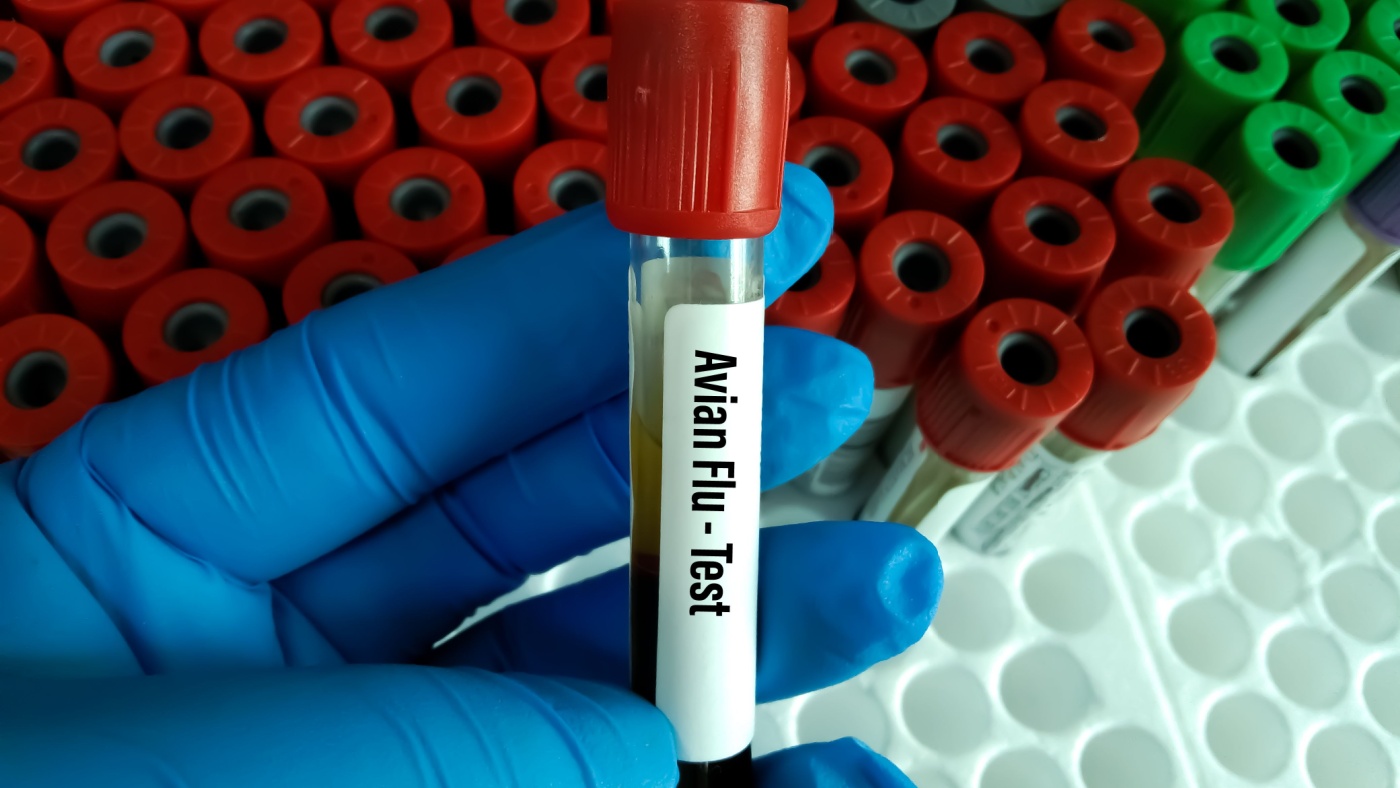The shape and nature of prevention and protection efforts against the H5N1 virus in dairy cattle. Agriculture Secretary Tom Vilsack offered explanation in a recent visit with reporters.
“Literally 1000s of tests have been conducted and reviewed not only of cattle but also milk. I’m confident that we have a good understanding of the nature of this virus in terms of how it’s being transferred between and within various farms.”
That understanding has facilitated USDA response to date through actions such as…
“A federal order that limits movement in terms of interstate movement, and it’s why we established the reimbursement rate for enhanced biosecurity and the Identification Program.”
The media call came with an announcement by the Secretary of a new voluntary H5N1 dairy herd status pilot program, $824 million in Commodity Credit Corporation emergency funding is being used to implement this pilot.
“(It) basically provides an incentive for producers for dairy farm to basically participate in a testing regime to allow to more freely move dairy cows across state lines, which is would be a benefit to many, many producers who are currently not impacted or affected by the virus.”
Secretary Vilsack believes this pilot program and subsequent USDA response efforts to H5N1 focuses not just on dairy and poultry producers directly impacted.
“And what we do know from what we’ve learned in terms of the recent circumstances is that there are many factors that need to be considered in terms of how this might spread. We have a responsibility and obligation to make sure we’re doing everything we can to protect all farmers and all operations. I think our challenge here is to make sure that our producers are well aware, fully aware of the importance of biosecurity not just for their own operation, but for its impact on other operations. I think farmers all believe they have a responsibility to their neighbor and to their community and to agriculture generally.”
And he hopes in the very near future…
“We will be outlining specifically how the indemnification process or the loss of production that may occur following a dairy cow basically recovering from the virus for a period of time, how that might operate in order to indemnify or reimburse the farmer for the losses.”


